Boisclair’s legacy is still remembered today by the gold mine which still bears his name that brought him so much notoriety in the 1840s as Dahlonega’s most famous African- American.
Boisclair was born on the plantation of Daniel Grant in Wilkes County, Georgia about 1795. Although he owned slaves himself, Grant was a Methodist minister who had strong convictions about the issue of slavery. In his will of 1799, Grant declared that he felt that slavery was unjust and contrary to the Gospels. He specified that upon his death, his slaves would be liberated upon their 28th (for the women) and 31st (men) birthdays. In the meantime, Grant appointed his son Thomas as the guardian for the slaves and instructed Thomas to teach the slaves to read and learn the Scriptures.
In 1814, Thomas Grant had to sell off the plantation and the slaves under his charge due to financial difficulties. James, who had not yet reached the age of 31, was sold to Michael Boisclair of Augusta, Georgia. James would serve out his remaining years in servitude until being freed in 1826 by the execution of Daniel Grant’s Last Will and Testament.
Freed slaves had many restrictions placed upon them, which hindered their ability to succeed. In many cases, a former slave would require a white guardian to represent them in legal matters. Freed “Persons of Color’ were also required to register annually in the county where they resided, so as not to be mistaken for a runaway. Despite these restrictions Jim became very clever at using the law to his advantage.
When the Georgia Gold Rush began, James was working in Augusta for N.K. Butler, a very prominent merchant of the area. Not wanting to miss an opportunity to make money from the gold mining business, Butler along with James Boisclair travelled to the newly established town of Dahlonega. Butler purchased some of the new town lots and began building a storehouse and residence for Boisclair. Although Boisclair could not own property, he could make money from the sales of goods and services. Butler would supply the Dahlonega store with dry goods and other necessities from Augusta and Boisclair would sell the items to the miners and make a small profit in the process.
Over time, “Free Jim” became a very wealthy merchant. In addition to the dry goods and bakery which he ran, Boisclair also sold liquor (which got him into trouble more than once) and also kept an ice house. Being a religious man, James was also a Baptist preacher who gained a reputation as a great speaker among both the black and white communities.
By the 1840s, Jim had saved up enough money to purchase a lot on which he had found gold, just outside town. Using his influence, he took on two white men as partners who could legally buy the lot. Although the deed was not in Boisclair’s name, it was always known that he was the real owner of the Free Jim Gold Mine.
When gold was discovered in California in 1848, many of Lumpkin County’s miners decided to head west in attempts to strike it rich in the new El Dorado. In 1851, Boisclair travelled to California with a group of local men in hopes of making a fortune. Instead of mining for gold, Jim did what he knew best and set up a mercantile store, saloon and dry goods shop in one of the numerous mining camps of the region. Within several years, Jim purchased property in the new town of Folsom where he operated several businesses. Despite these recent successes, Jim was getting old. In October of 1861, Jim died in the town of Folsom, from an unspecified illness.
You can read more about the life and times of James Boisclair in the book:
“James Boisclair and his Free Jim Gold Mine,” written by local author Chris Worick.













